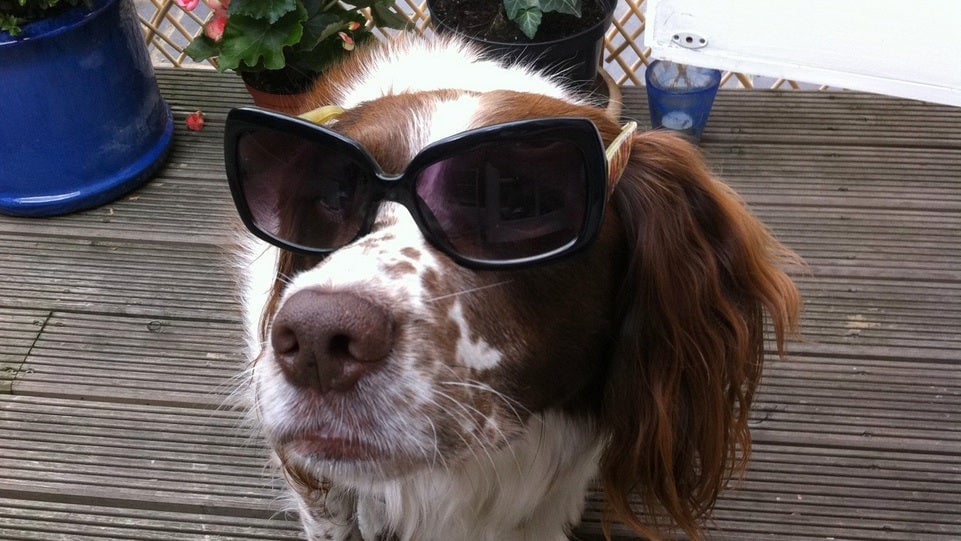Your pooch’s poop is polluting the neighborhood drinking water
Not every dog owner likes to clean up after his or her pet. Fecal land mines are menacing enough to some neighborhoods that there are now fines and dog feces DNA tests to nab regular offenders. But just how much damage does a canine friend’s stray bowel movements actually do?


Not every dog owner likes to clean up after his or her pet. Fecal land mines are menacing enough to some neighborhoods that there are now fines and dog feces DNA tests to nab regular offenders. But just how much damage does a canine friend’s stray bowel movements actually do?
It’s harder to tell than you might think. The microbiotia in dog excrement is remarkably similar to that of human excrement, which makes it tricky to test for dog feces in, say, a puddle of water that eventually enters your kitchen faucet. But after years of research (pdf), Orin Shanks, a research geneticist at the US Environmental Protection Agency, and his colleagues may have finally cracked the code on dog feces’ unique characteristics. Shanks discovered 11 genetic markers that only appear in a dog’s excrement, opening the door to research on its environmental effects.
Upon initial testing of storm water collected near a garden that sees its fair share of pooches, the Shanks test successfully identified the number two that should be a dog owner’s number one priority to collect.
It could be a popular product. The issue is so important to the state of Pennsylvania that it holds a competition for ”Philly Water’s Best Friend Spokesdog.” The winner—the dog with the best smile and the most charm—and its owner are paraded around town as role models to raise awareness about the damage fecal matter does to the river and local potable water.